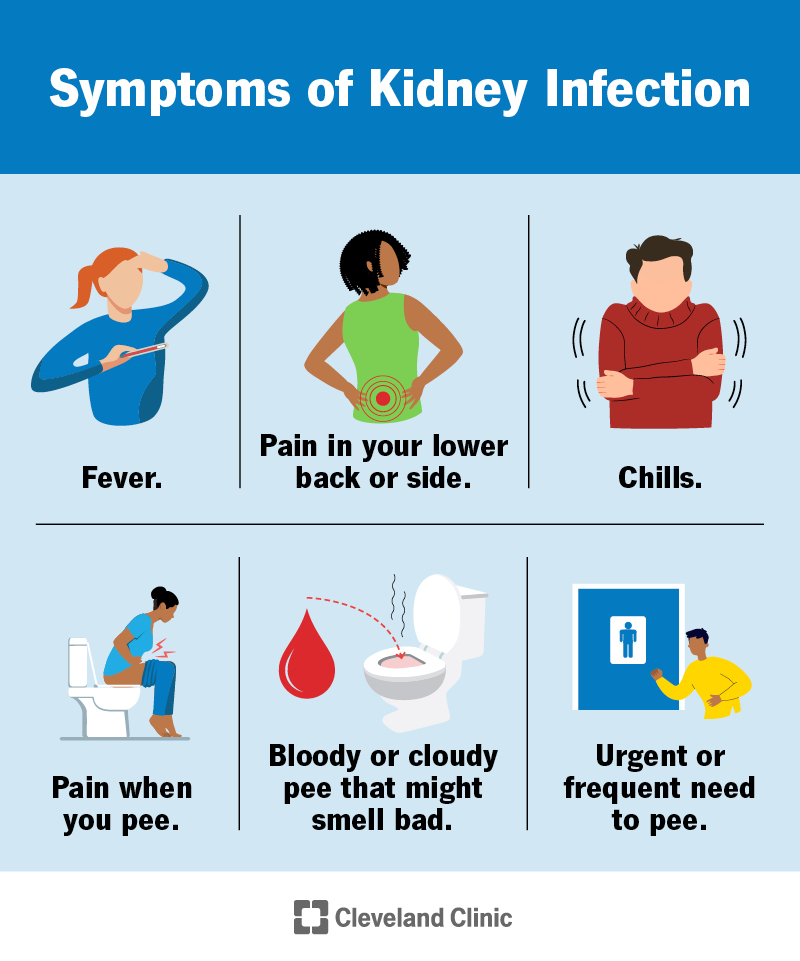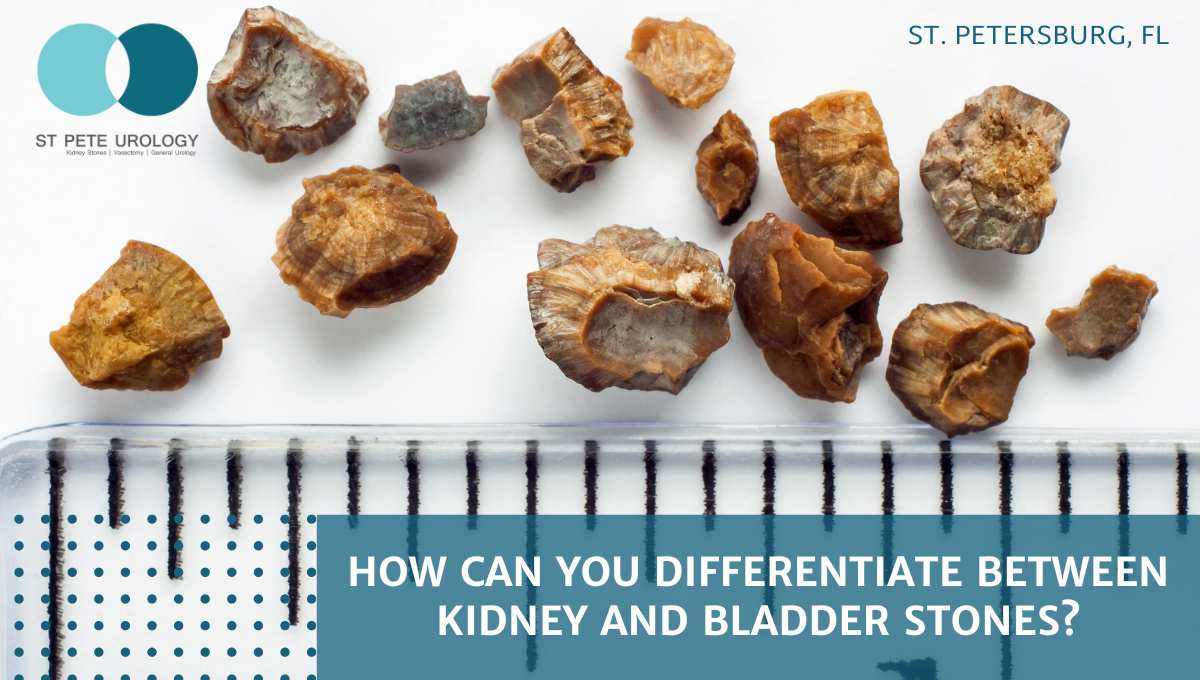Comprehending the Differences In Between Kidney Stones vs UTI: Secret Symptoms and Treatments
Comprehending the Differences In Between Kidney Stones vs UTI: Secret Symptoms and Treatments
Blog Article
Checking Out the Symptoms and Causes of Kidney Stones in Contrast to Urinary System System Infections: A Detailed Guide
The exploration of kidney stones and urinary system infections (UTIs) discloses an intricate interaction of signs and underlying reasons that warrant mindful evaluation. While both conditions can cause hematuria, they provide distinctive clinical functions and arise from various etiological aspects. Comprehending the subtleties of each condition is critical for effective medical diagnosis and monitoring. What are the vital distinctions in their signs and symptoms, and how might these educate treatment techniques? The solution to these concerns may supply essential understandings right into the avoidance and treatment of these typical urological problems.
Introduction of Kidney Stones
Kidney stones, likewise referred to as renal calculi, form when specific substances in the urine crystallize and aggregate, bring about the development of hard down payments within the kidneys. These stones can differ in size, varying from a grain of sand to a golf ball, and can be composed of numerous materials, the most typical being calcium oxalate, uric acid, struvite, and cystine. The formation of kidney rocks is influenced by a number of aspects, consisting of dietary behaviors, liquid consumption, and genetic tendency.
Signs of kidney stones might include serious discomfort in the back or side, blood in the urine, queasiness, and regular peeing, especially as the stone moves through the urinary system tract. Diagnosis normally entails imaging studies such as ultrasound or CT scans, together with urinalysis to identify the stone's composition.
Treatment choices differ based upon the dimension and kind of stone, in addition to the seriousness of signs (Kidney Stones vs UTI). Small rocks might pass naturally with increased fluid intake, while larger stones might call for medical interventions such as lithotripsy or medical removal. Comprehending the pathophysiology and risk factors related to kidney rocks is crucial for efficient prevention and monitoring
Review of Urinary System Tract Infections
Urinary system tract infections (UTIs) are usual bacterial infections that influence any kind of component of the urinary system, consisting of the kidneys, ureters, bladder, and urethra. They primarily occur when bacteria, frequently from the gastrointestinal system, get in the urinary system, leading to swelling and infection.
The occurrence of UTIs is notably greater in ladies than males, mostly due to physiological distinctions, such as a much shorter urethra. Risk factors consist of sex-related activity, certain contraceptive techniques, urinary retention, and dehydration. The medical diagnosis of UTIs is generally verified through urine examinations, which may disclose the visibility of germs, leukocyte, or red cell.

Signs of Kidney Stones
The discomfort related to kidney rocks can show up in different ways, frequently leading individuals to seek medical interest. Among the most usual symptoms is severe discomfort, generally localized in the lower back or side, which may emit to the abdomen or groin. This discomfort, frequently referred to as sharp or cramping, can take place all of a sudden and might rise and fall in strength.
Additionally, people might experience hematuria, or blood in the urine, which can range from tiny total up to visible discoloration. This sign may be gone along with by modifications in urinary routines, such as increased regularity or seriousness, along with discomfort during urination. Queasiness and throwing up are additionally prevalent, frequently resulting from the body's response to intense discomfort.
In some situations, individuals may experience high temperature and cools, especially if a secondary infection a fantastic read establishes due to the blockage triggered by the stones. In general, the mix of serious discomfort, hematuria, altered urinary system patterns, and intestinal signs and symptoms can provide substantial insight right into the existence of kidney stones, requiring prompt medical evaluation and intervention. Understanding these symptoms is important for timely medical diagnosis and effective management of the problem.
Signs And Symptoms of Urinary System System Infections
Infections within the urinary system tract usually offer a variety of unique symptoms that can dramatically affect day-to-day live. The most typical signs and symptoms include a persistent urge to pee, often accompanied by a burning sensation throughout peeing, referred to as dysuria. People may likewise experience enhanced frequency of urination, generating percentages of urine each time.
Various other noteworthy symptoms include fetid or gloomy urine, which might show the presence of germs or pus. Sometimes, urine might appear red or pink due to the presence of blood, a condition called hematuria. In addition, people may experience pelvic pain or pressure, which can better exacerbate the sensation of seriousness.
Systemic signs may additionally manifest, such as high temperature, chills, and tiredness, specifically if the infection has ascended to the kidneys. It is vital to recognize these signs early, as unattended urinary system tract infections can lead to more serious difficulties. Kidney Stones vs UTI. Motivate medical interest is encouraged when these signs and symptoms are observed, enabling look at this site appropriate analysis evaluation and therapy to ease pain and protect against further health and wellness concerns
Causes of Each Problem
Frequently, kidney stones and urinary system infections develop from distinct yet in some cases overlapping causes that can influence people in different ways. Kidney stones typically develop because of metabolic variables, dietary selections, and hereditary tendencies. Increased degrees of calcium, oxalate, or uric acid in the urine can bring about stone formation. Dehydration, insufficient fluid intake, and high-sodium diet plans can worsen these conditions, promoting formation within the urinary tract.

Recognizing these distinctive reasons is vital for prevention and therapy. Kidney Stones vs UTI. While lifestyle adjustments may mitigate the risk of kidney stones, ideal health and punctual therapy of urinary system system infections are essential for lowering their reappearance and associated problems
Conclusion
In summary, kidney stones and urinary system infections existing distinct signs and symptoms and underlying reasons. Kidney rocks are characterized by extreme pain and metabolic factors, while urinary system tract infections largely entail bacterial infections causing urinary system seriousness and discomfort. Although both conditions can lead to hematuria, their formation devices differ dramatically. Recognizing these differences is essential for reliable diagnosis and therapy, find this ultimately enhancing patient results for those affected by either condition.
The exploration of kidney stones and urinary system system infections (UTIs) reveals a complicated interplay of symptoms and underlying causes that necessitate mindful exam.Urinary system tract infections (UTIs) are common bacterial infections that affect any part of the urinary system, including the kidneys, ureters, bladder, and urethra.Frequently, kidney rocks and urinary tract infections develop from unique yet in some cases overlapping causes that can affect people differently.In recap, kidney rocks and urinary system system infections present distinct signs and underlying reasons. Kidney stones are characterized by serious discomfort and metabolic variables, while urinary system tract infections mainly include bacterial infections leading to urinary necessity and pain.
Report this page